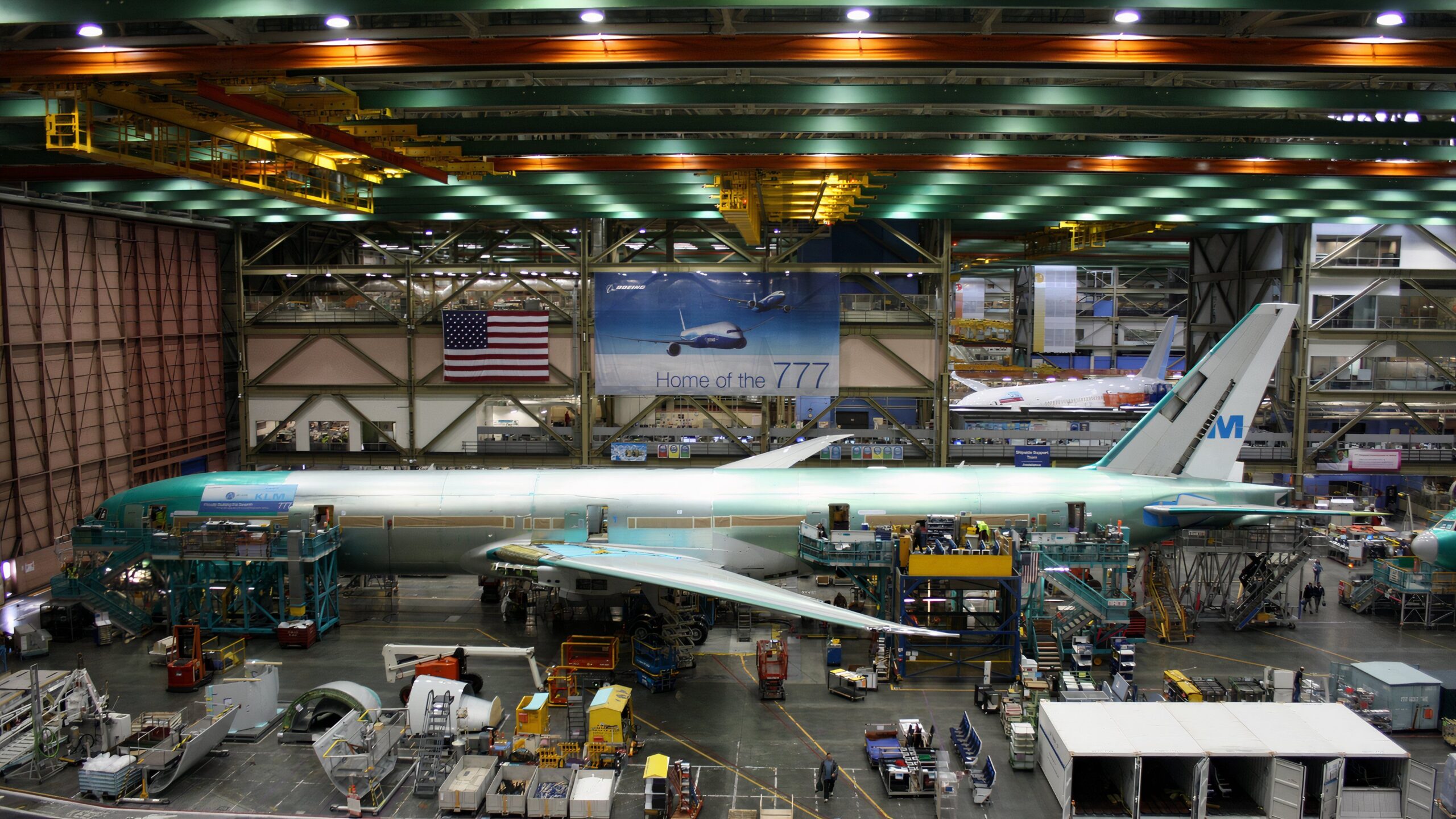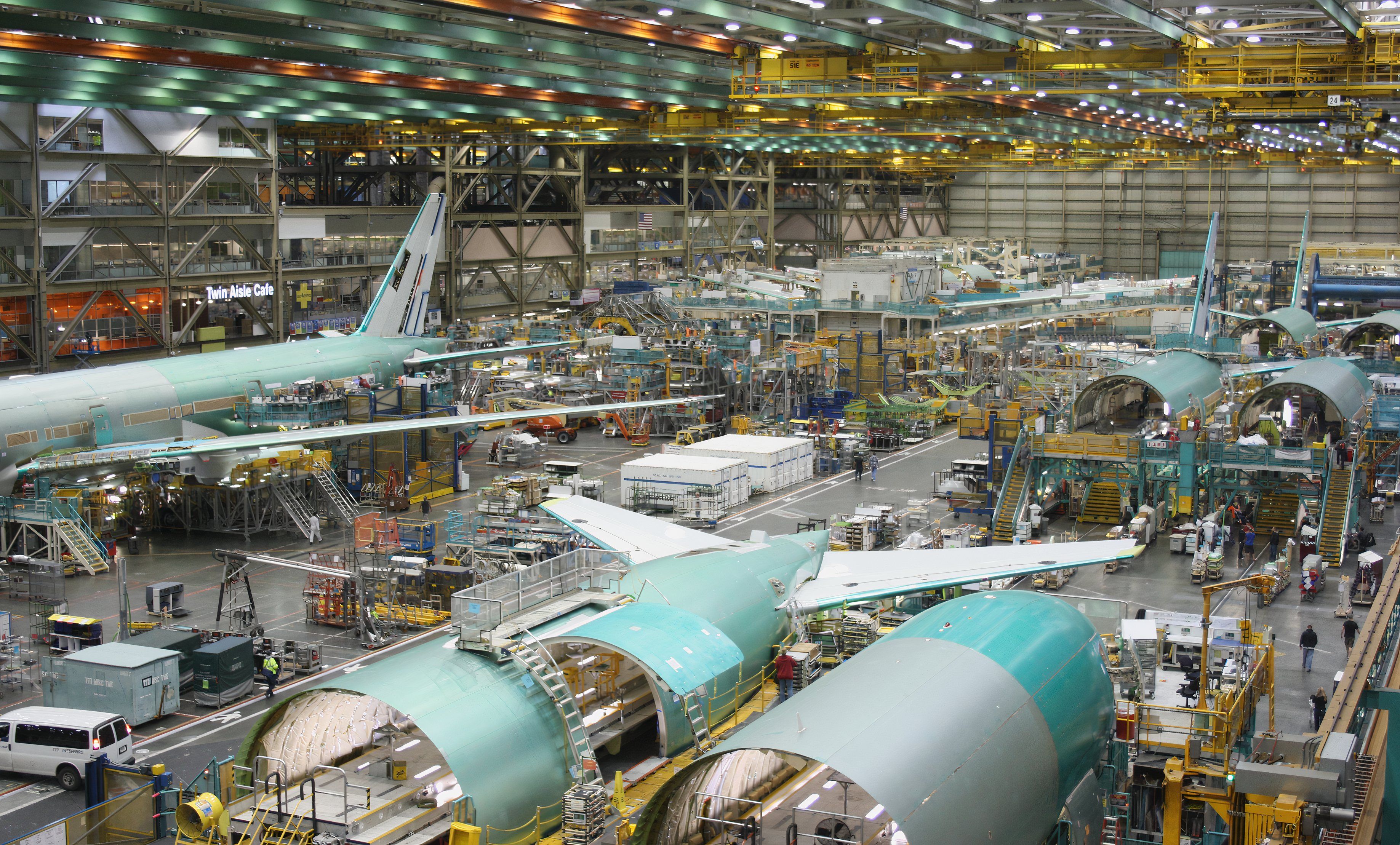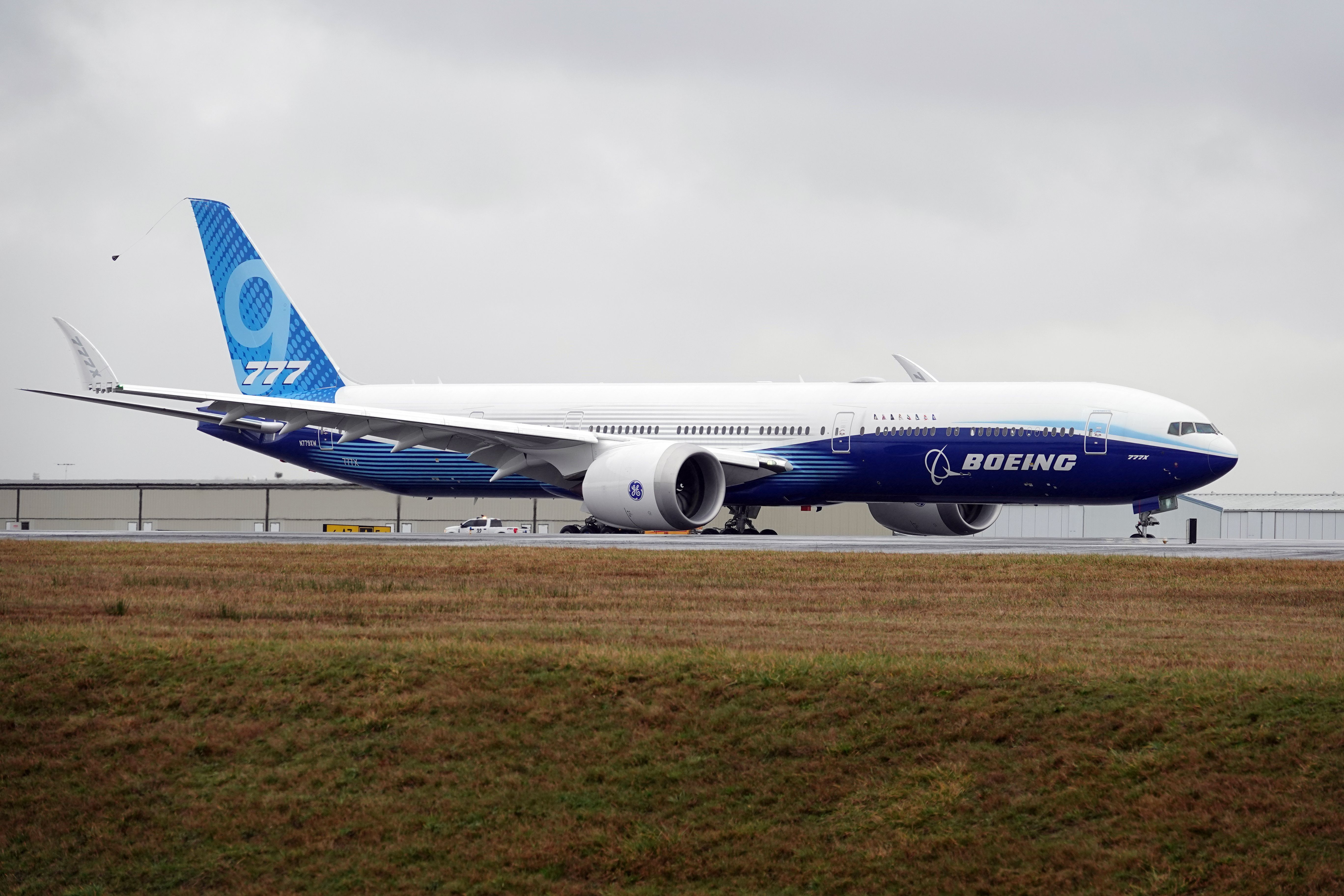Summary
- Boeing is reportedly trying to get multiple 777-F jets completed before a potential machinists strike next week.
- Work is being forced to be done out of sequence and often outside the factor on the flight line.
- Due to supply-chain issues, components are being cannibalized from aircraft within the factory for use on airplanes closer to delivery.
New reports suggest that, despite claims of slowing down to fix quality control within Boeing’s production lines, the manufacturer is now reportedly pushing Boeing 777 jets with thousands of unfinished jobs and missing parts through the production line, hoping to get everything done before the potential strike of over 33,000 machinists starts next week.
As a consequence, employees within the 777 production line state that work is being done on aircraft significantly out of sequence and sometimes even outside the factory.
Chaos at Everett
With
![]() Boeing
Boeing
under intense scrutiny this year due to safety incidents on commercially active aircraft and details provided by multiple whistleblowers within the organization, it soon became clear that the manufacturer needed to slow down and improve its quality control. While this has been mandated by the FAA, placing production caps on Boeing aircraft and the manufacturer claiming to slow down to ensure better quality control, recent reports published by The Seattle Times indicate otherwise.
According to reports from employees working at the Everett facility’s production line, managers are sending “partially assembled” jets down the line, with thousands of jobs unfinished and various work done out of sequence.
Photo: First Class Photography | Shutterstock
Reports suggest that management wishes to have three almost-finished Boeing 777-F aircraft ready and complete the fuselage for a brand-new
Boeing 777-9
aircraft before the potential machinists’ strike of over 33,000 employees begins next week.
Due to this rush, various jobs on the aircraft are being forced to be done drastically out of sequence and the shortage of parts due to supply-chain issues are forcing mechanics to install various parts on the aircraft out of sequence as well. Reports suggest some work is being forced to be done outside on the flight line.
Cannibalizing aircraft
Shortages of parts are proving to be a real issue, with reports suggesting that five Boeing 777-Fs are currently out of the factory with the bare minimum of systems installed. This has resulted in certain components being removed from existing aircraft within the factory line and installed onto 777s that are closer to delivery.
Reports further reveal that parts have been cannibalized from completed Boeing 777-9s currently stored in long-term storage at Everett Paine Field (PAE). The worrisome part is that this has reportedly taken place without notifying the relevant teams or proper documentation, which is a severe violation of regulations set by the
Federal Aviation Administration
(FAA).
Upon becoming aware of these allegations, Boeing stated it is reviewing the documents of aircraft in storage to ensure accurate records are maintained and urged any employee aware of undocumented parts removal to come forward via Boeing’s ‘Speak Up’ system.
Issues affecting the 777X
Already delayed by four years and expected to be delayed by another two, the Boeing 777X has faced several setbacks in recent years and is still awaiting certification from the regulators. The latest issue faced by the aircraft type is the discovery of cracks in the aircraft thrust link on all four of Boeing’s 777X test aircraft.
Photo: cpaulfell | Shutterstock
Boeing first noticed the issue on one of its 777X test aircraft, in which one of the two thrust links on an engine was severed. This led to the suspension of flight testing and the inspection of the other three test aircraft, all of which had similar findings.
Since the discovery, Boeing has identified a component not functioning as intended, and in a statement previously made to Simple Flying states,
“Our team is replacing the part and capturing any learnings from the component and will resume flight testing when ready.”
Boeing has also added that it maintains communications with the FAA and the 777X customers, emphasizing that each aircraft engine has dual thrust links, which means there is always redundancy.



